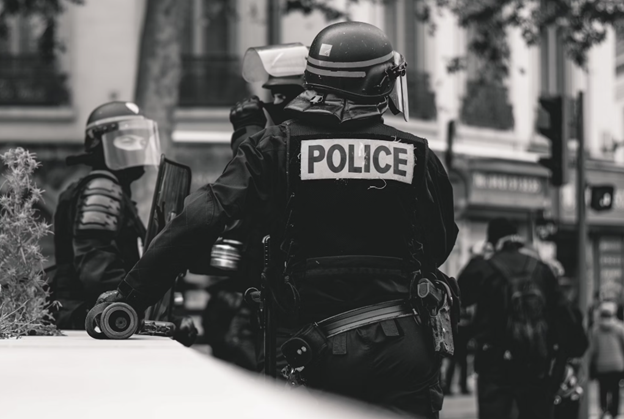Police education is a vital foundation for building a competent and ethical law enforcement workforce. Beyond basic training, education equips officers with the knowledge, skills, and values required to handle the complexities of modern policing. Here’s an exploration of why police education is indispensable and how it enhances the profession, individual officers, and society as a whole.
Building a Comprehensive Knowledge Base
A thorough understanding of laws, rights, and procedures is crucial for law enforcement officers. Police education provides this foundational knowledge, ensuring that officers are well-versed in constitutional rights, criminal statutes, and due process. This expertise allows them to navigate legal challenges effectively and make decisions that respect the rule of law.
Additionally, education emphasizes the importance of staying updated on evolving legislation and policies. For example, understanding changes in search and seizure laws or privacy rights enables officers to perform their duties without infringing on citizens’ freedoms. This legal knowledge builds public trust by demonstrating the professionalism and fairness of law enforcement agencies.
Enhancing Critical Thinking and Decision-Making
Policing often involves making split-second decisions in high-stakes situations. Education helps officers develop the critical thinking and analytical skills needed to evaluate scenarios thoroughly before acting. By analyzing potential risks, consequences, and legal implications, officers can respond with measured actions that prioritize safety and justice.
For example, an officer responding to a domestic dispute can rely on their training to de-escalate tensions and protect all parties involved. This ability to think strategically under pressure not only improves outcomes but also reduces the likelihood of mistakes that could escalate conflicts or harm community relationships.
Promoting Ethical Conduct and Accountability
Ethics and accountability are fundamental to effective policing. Police education instills a strong sense of integrity, emphasizing the importance of fair treatment, transparency, and respect for human rights. This ethical foundation helps officers navigate moral dilemmas and reinforces their commitment to serving the community with honor.
Moreover, education prepares officers to handle challenging situations, such as reporting misconduct within their ranks. By fostering a culture of accountability, police education ensures that law enforcement agencies operate with the highest standards of professionalism and integrity, strengthening public confidence in their actions.
Adapting to Modern Policing Challenges
The nature of crime and public safety is constantly evolving, requiring law enforcement to adapt to new challenges. Police education equips officers with the tools and knowledge to address contemporary issues such as cybercrime, mental health crises, and domestic terrorism.
For instance, specialized training in digital forensics enables officers to investigate cybercrimes effectively, while crisis intervention education prepares them to respond compassionately to individuals experiencing mental health episodes. These specialized skills not only enhance the efficiency of law enforcement but also demonstrate their ability to meet the changing needs of society.
Education also fosters an understanding of technology’s role in policing, from body cameras and data analytics to crime mapping tools. By integrating these advancements into their work, officers can make informed decisions and improve their overall effectiveness.
Strengthening Community Relationships
Effective policing relies on strong relationships between law enforcement and the communities they serve. Police education emphasizes cultural competency, empathy, and communication skills, enabling officers to connect with diverse populations. This understanding fosters mutual respect and collaboration, making communities feel safer and more supported.
For example, officers trained in community policing can engage residents in proactive crime prevention strategies, addressing local concerns and building trust. These partnerships reduce tensions, improve public perceptions of law enforcement, and create a cooperative approach to maintaining public safety.













